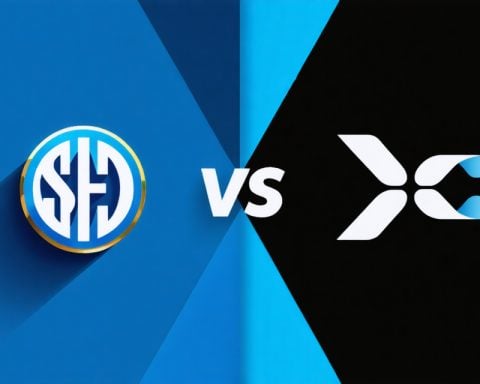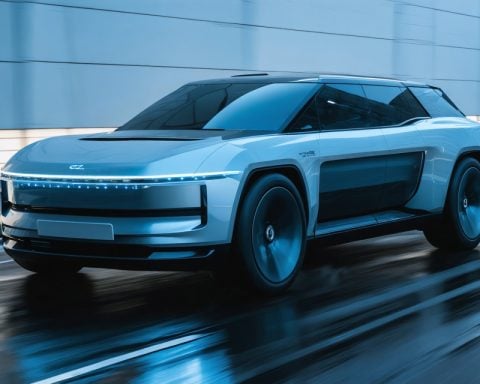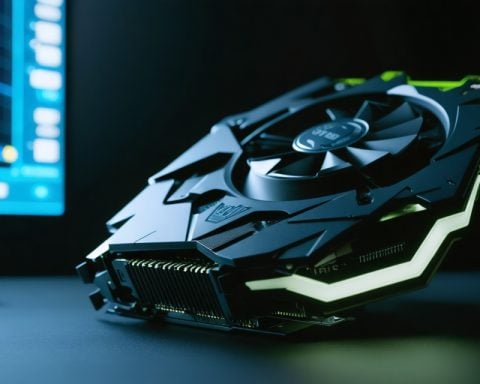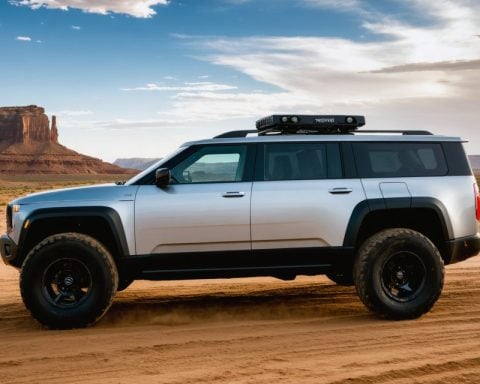The Electric Truck Revolution
As the trucking industry moves to embrace clean energy solutions, the transition from diesel engines to zero-emission powertrains is underway, with manufacturers increasingly focusing on battery-electric technologies. The global market for electric trucks, estimated at $2 billion in 2022, is projected to surge to $20 billion by 2032, signaling a monumental shift.
Valuable Innovations in Battery Technology
Volvo Trucks is leading the charge with its new FH Electric model, capable of a gross weight of 44 tonnes and a remarkable power output of 490kW. Currently, this truck offers a range of 300 km, primarily suitable for short and medium-haul operations. However, a major update is anticipated in late 2025 with the introduction of a longer-range version boasting an impressive 600 km capability. The advancement is made possible by integrating e-axles that streamline driveline components, allowing for added battery capacity.
Flexible Solutions for Diverse Needs
Other manufacturers, like ZF Commercial Vehicle Solutions, are also exploring varied powertrain technologies. Their new electric central drive, the CeTrax 2 dual, allows integration with existing truck platforms, supporting a smoother transition towards electrification. This adaptability is crucial, especially as different regions face unique challenges in adopting comprehensive electric fleets.
A Unified Vision for Decarbonization
To navigate the complex landscape of zero-emission transportation, collaboration among Original Equipment Manufacturers (OEMs), suppliers, and carriers is essential. The consensus is that while the journey may be challenging, innovative electric solutions will pave the way for a sustainable future in trucking.
The Future of Electric Trucks: Innovations and Market Trends You Need to Know
As the trucking industry commits to cleaner energy solutions, the transition from traditional diesel engines to zero-emission powertrains is gaining momentum. This shift signifies not just an adaptation but a revolution in the logistics and transportation sectors. The global market for electric trucks, valued at approximately $2 billion in 2022, is anticipated to soar to around $20 billion by 2032. This growth trajectory highlights a seismic shift toward sustainable logistics.
Key Trends Driving the Electric Truck Market
1. Sustainability Initiatives: Companies across the globe are increasingly prioritizing sustainability, influenced by regulatory requirements and consumer expectations for greener options. Many fleets are setting ambitious carbon neutrality targets, significantly driving demand for electric trucks.
2. Government Incentives: Various governments are incentivizing the adoption of electric trucks through subsidies, tax breaks, and grants. Initiatives such as California’s Clean Truck Program have already proven effective in increasing electric vehicle sales.
3. Technological Advancements: Continuous innovations in battery technology, such as faster charging times and increased energy density, are making electric trucks more viable. These advancements reduce downtime and improve operational efficiency significantly.
Emerging Innovations in Battery Technology
Volvo Trucks is at the forefront of this electric revolution with its FH Electric model, which is robust enough to handle a gross weight of 44 tonnes and achieves a powerful output of 490kW. While the truck currently features a range of 300 km, a new variant with an extended range of 600 km is slated for release in late 2025, enhancing its appeal for longer hauls. This is made possible through the introduction of e-axles which streamline the driveline components, thus allowing for improved battery capacity.
The Role of Flexible Powertrain Solutions
In addition to Volvo, companies like ZF Commercial Vehicle Solutions are designing versatile systems like the CeTrax 2 dual electric central drive. This technology promotes flexibility, allowing manufacturers to retrofit existing platforms with electric capabilities. This adaptability is essential, as varying regional challenges, infrastructure, and operational needs require customized approaches for successful electrification.
Challenges and Considerations for Electric Trucks
1. Infrastructure Development: The current charging infrastructure remains a significant barrier to widespread adoption. Investments in fast-charging stations and strategic locations are crucial for keeping fleets operational and minimizing downtime.
2. Total Cost of Ownership (TCO): While electric trucks have lower operating costs, initial purchase prices can be high. Fleet operators need to weigh the long-term benefits against upfront investment, considering factors like maintenance savings and fuel reductions.
3. Battery Life Cycle: The environmental benefits of electric trucks also depend on sustainable battery production and end-of-life recycling solutions. This aspect focuses on minimizing the overall carbon footprint of the electric truck lifecycle.
Industry Collaborations and Future Predictions
Collaborative efforts among Original Equipment Manufacturers (OEMs), component suppliers, and logistics carriers are vital for overcoming the barriers to electrification. Industry players agree that despite facing challenges, continued innovation in electric truck solutions will be critical for achieving a sustainable transport system.
In conclusion, the journey towards a fully electric trucking industry will evolve in the coming years, fueled by technological advancements, government policies, and market demand for sustainable solutions.
For more information about the evolving landscape of electric vehicles, visit Automotive Industry.


















